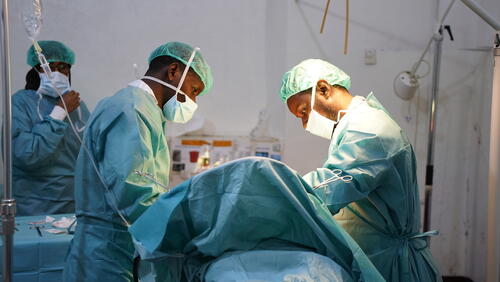Learn about how, why, and where MSF teams respond to different diseases around the world, and the challenges we face in providing treatment.
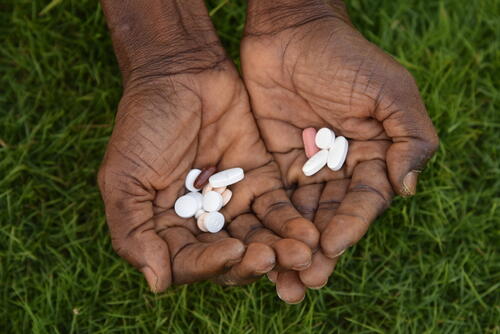
Antibiotic resistance
Antibiotic resistance is a serious and growing phenomenon in contemporary medicine and has emerged as one of the pre-eminent public health concerns of the 21st century.
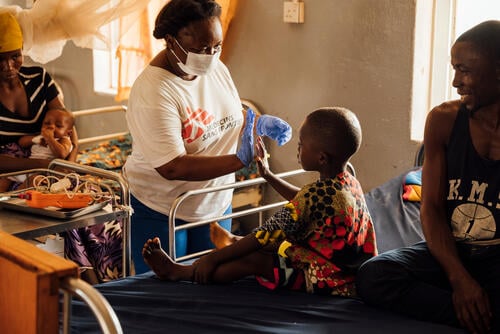
Child health
Around the world, Médecins Sans Frontières (MSF) teams are working to protect the health of children.
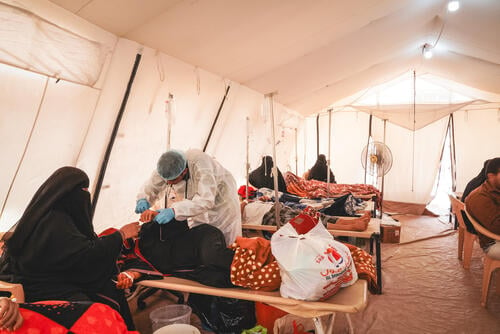
Cholera
Although easy to prevent and treat, cholera affects up to 4 million people worldwide per year, resulting in up to 140,000 deaths.
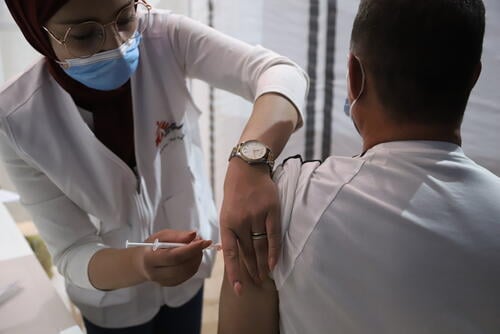
Coronavirus
Coronaviruses are a large family of viruses, most of which are harmless for humans. However, two types can cause severe lung infections. MSF is currently responding to a worldwide coronavirus pandemic, COVID-19
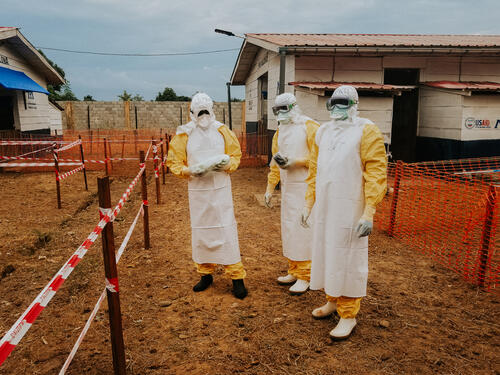
Haemorrhagic fevers
Ebola and Marburg haemorrhagic fevers are rare but deadly. Outbreaks can kill 25 to 90 per cent of those infected, spreading fear and panic among affected communities.

Hepatitis C
Worldwide, an estimated 58 million people are infected with the hepatitis C virus, with about 1.5 million new infections occurring per year. While hepatitis C can be cured, few people have access to treatment.
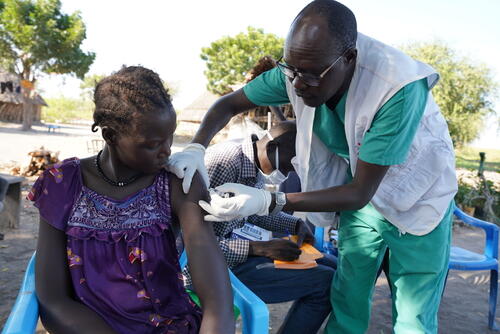
Hepatitis E
Hepatitis E is transmitted by ingesting water contaminated by an infected person’s faeces. Outbreaks are often documented in places with poor sanitation, like camps for refugees and internally displaced people (IDPs). Hepatitis E commonly causes only a mild short-term illness.

HIV/AIDS
Around 630,000 people died from HIV-related causes, while 1.3 million people became newly infected with the HIV virus in 2022.
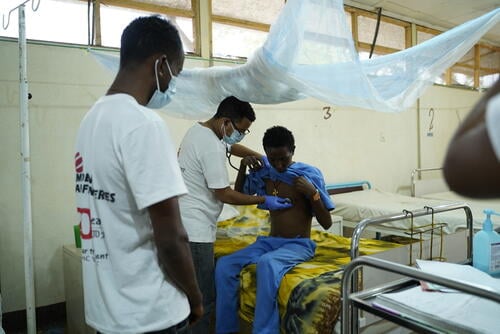
Kala azar
Hundreds of millions of people are at risk of infection with kala azar - one of the world's most dangerous parasitic diseases. Only malaria is more deadly.
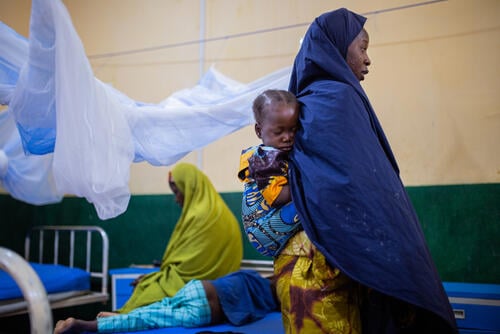
Malaria
Each year, malaria kills over 600,000 people. Three-quarters of all deaths are children under five years of age.
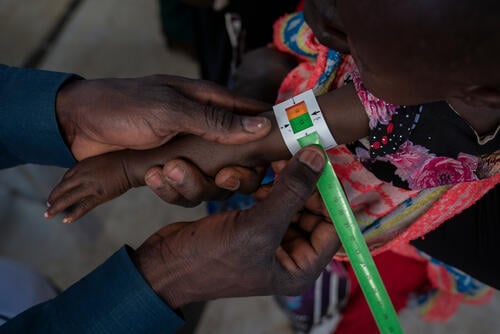
Malnutrition
More than 224 million children around the world last year suffered from malnutrition. It is the underlying contributing factor in nearly half of the deaths of children under five years of age.
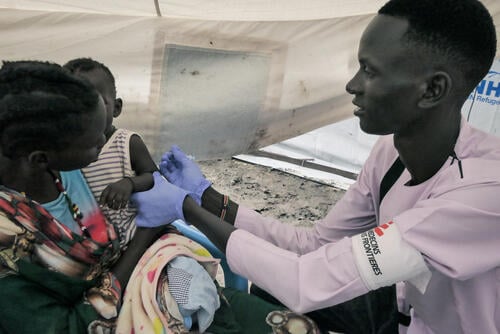
Measles
In 2023, our teams vaccinated 3.3 million people against measles in response to outbreaks. But the highly contagious viral disease remains one of the leading killers of young children.
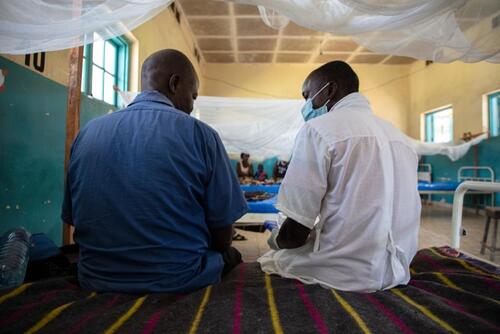
Meningitis
Meningococcal meningitis is a highly contagious bacterial form of meningitis – a serious inflammation of the meninges – the thin lining that surrounds the brain and spinal cord.
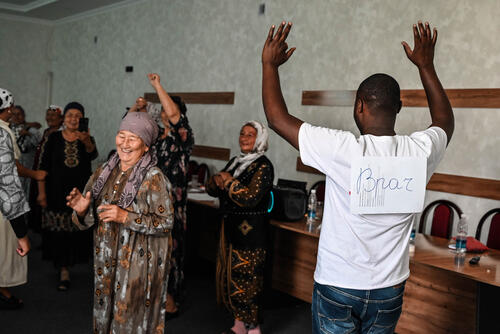
Mental health
Where we work, we may see people with a mental illness or confronting distressing situations, such as violence, loss or displacement. Mental health support can be crucial to help people cope.
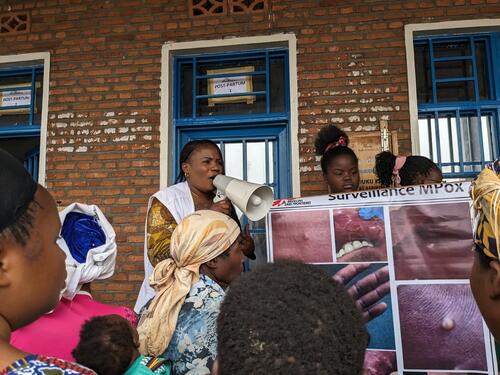
Mpox
Learn more about MSF's activities in responding to mpox.
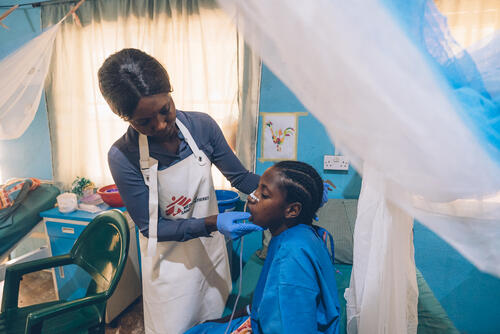
Neglected diseases
MSF teams treat a number of neglected diseases, including noma, Chagas, cutaneous leishmaniasis, in projects across the world.
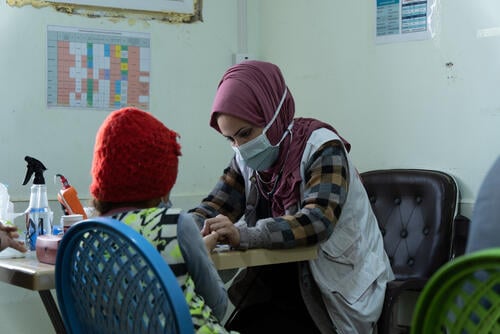
Non-communicable diseases
Non-communicable diseases are not transmitted from one person to another. One could cite the cardiovascular diseases (cardiovascular or cerebrovascular accidents), cancers, chronic respiratory diseases (such as chronic obstructive pulmonary disease (COPD) or asthma) and diabetes.
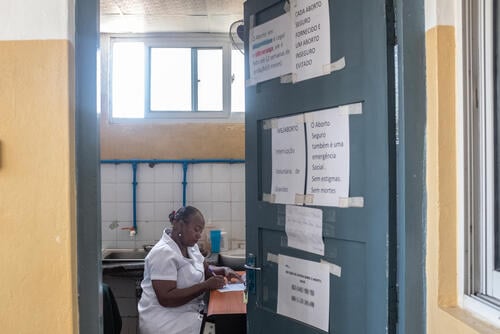
Safe abortion care
MSF is committed to providing safe abortion care to reduce avoidable suffering and deaths. Every minute, a woman or girl has an unsafe abortion. .
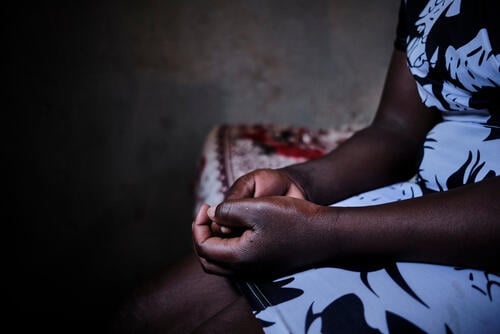
Sexual violence
Sexual violence affects millions of people, brutally shattering the lives of women, men and children. It is a medical emergency, but there is often a dire lack of healthcare services for victims.
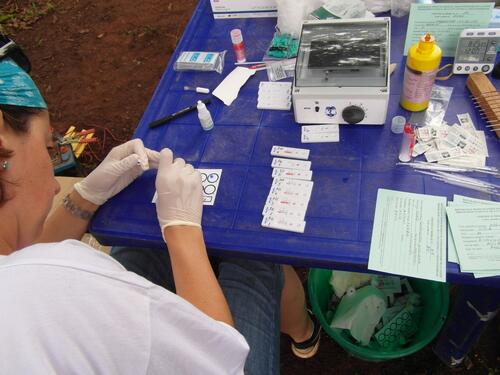
Sleeping sickness
Sleeping sickness, or human African trypanosomiasis, is a neglected tropical disease. It is a potentially fatal parasitic infection which attacks the body’s central nervous system, causing severe neurological conditions.
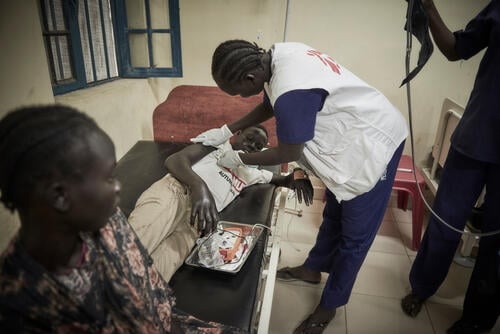
Snakebite
Snakebite is a hidden health crisis. Every year, an estimated 2.7 million people are bitten by venomous snakes, resulting in death for more than 100,000 people and life-long disfigurement and disability for 400,000 more.
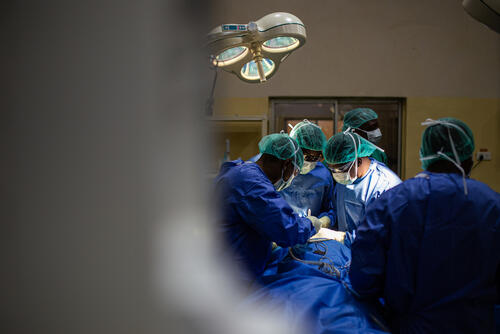
Surgery & trauma care
Médecins Sans Frontières has been providing surgical care for people in precarious contexts for decades.

Tuberculosis
Tuberculosis (TB) is one of the world’s biggest global health crises. Killing 1.3 million people in 2022 TB is the world’s second deadliest infectious disease after COVID-19 (WHO).
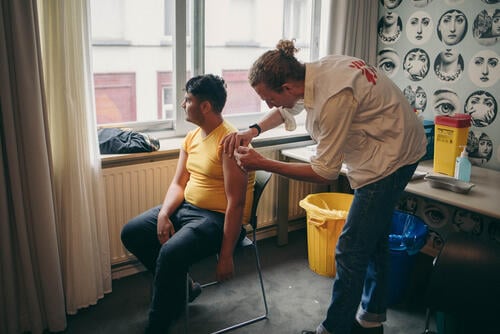
Vaccination
MSF teams vaccinate millions of people every year, either as part of routine vaccination, or in response to an outbreak of disease.

Independent medical humanitarian assistance
We provide medical assistance to people affected by conflict, epidemics, disasters, or exclusion from healthcare. Our teams are made up of tens of thousands of health professionals, logistic and administrative staff - most of them hired locally. Our actions are guided by medical ethics and the principles of independence and impartiality. We are a non-profit, self-governed, member-based organisation.
Learn more


